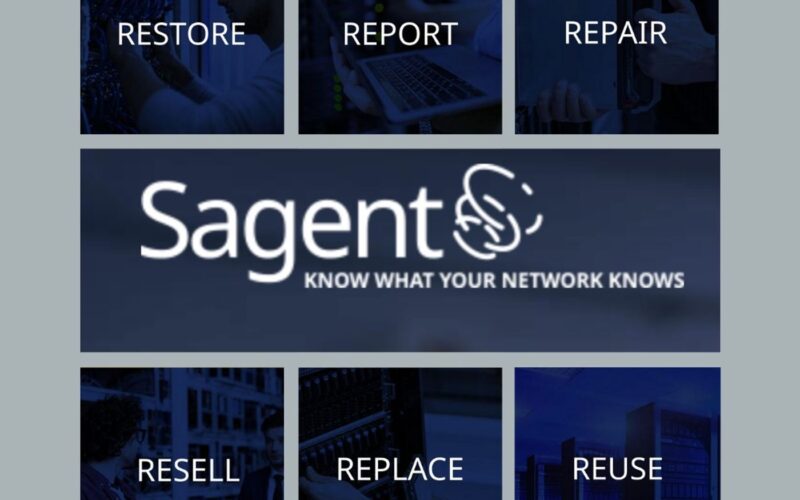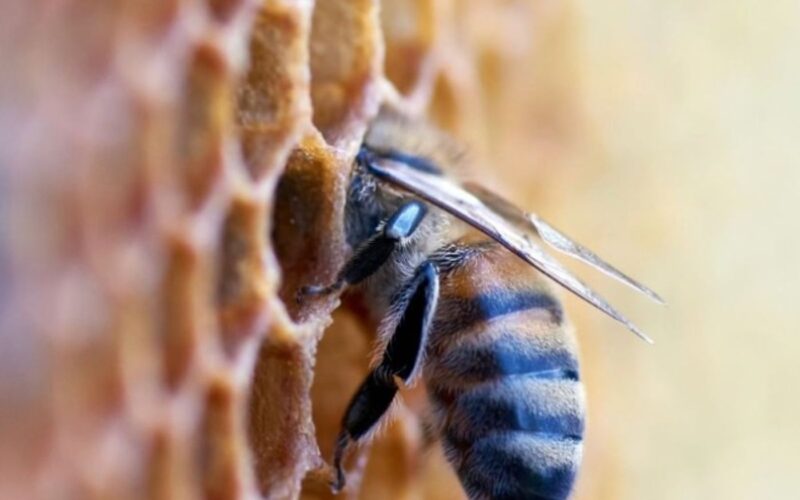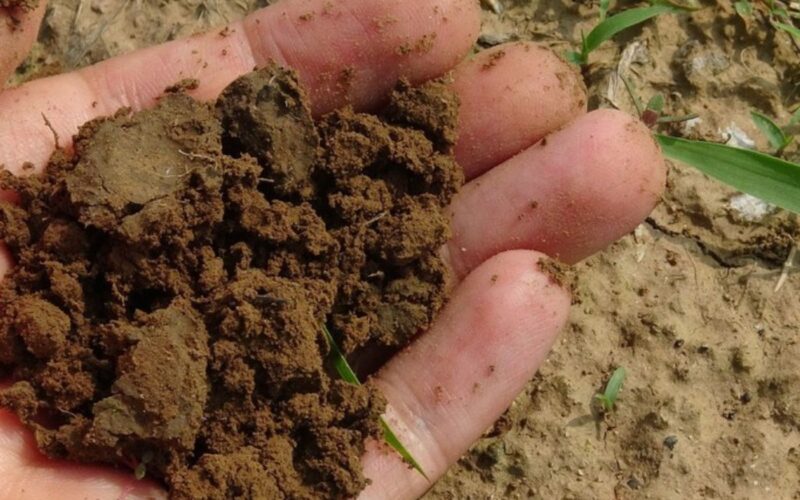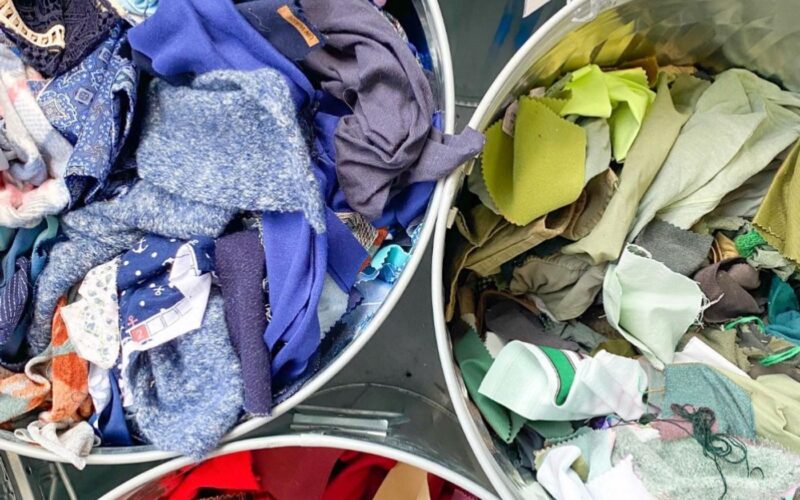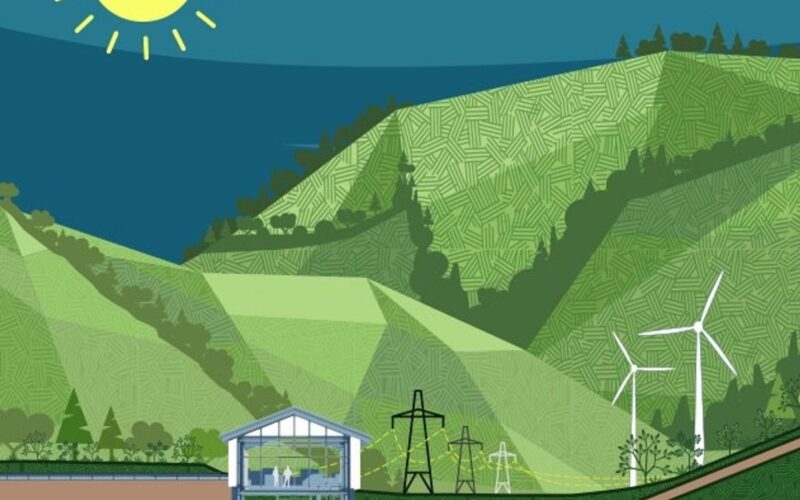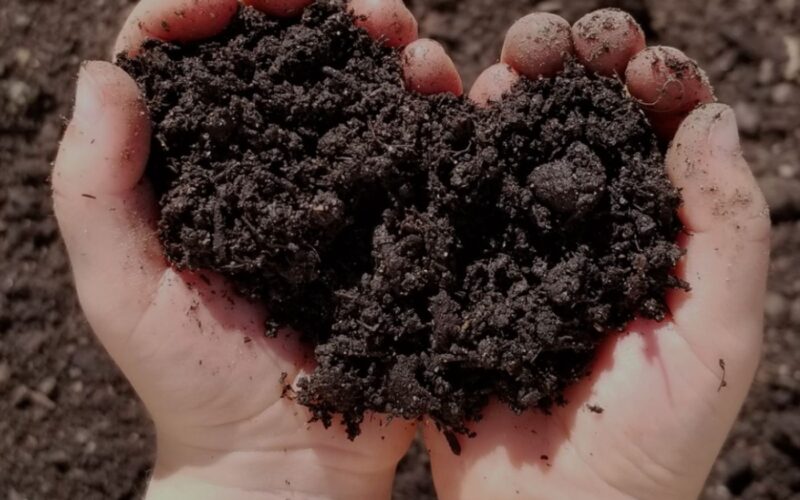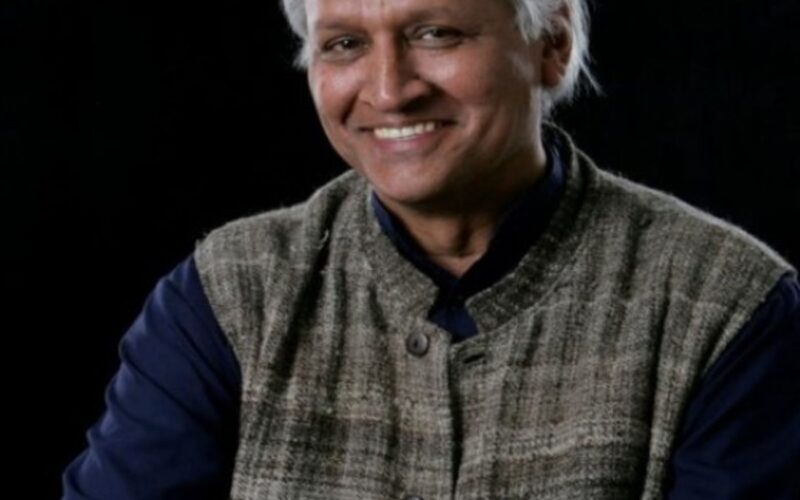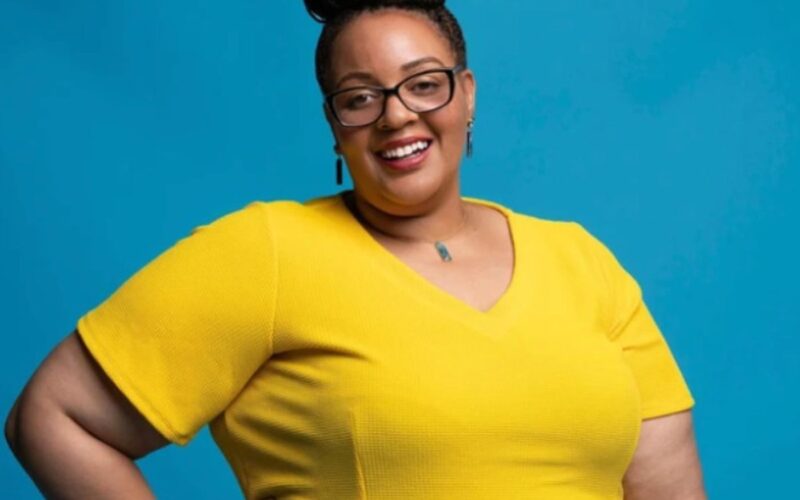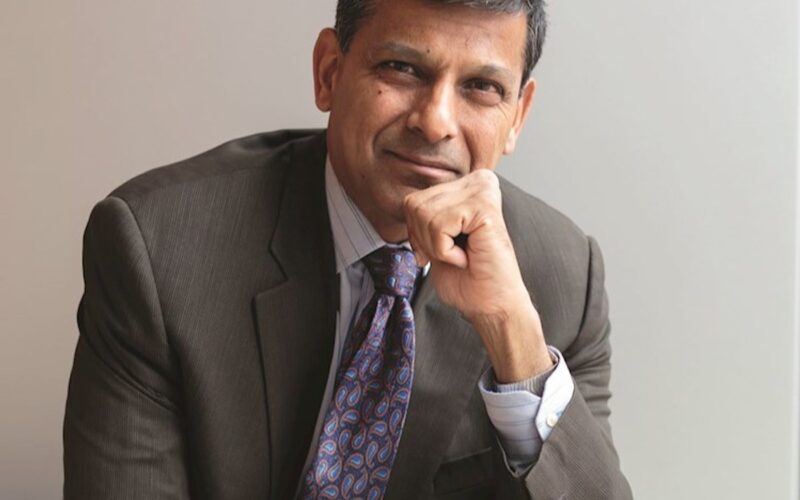85: Sagent – Know What Your Network Knows
Repairing an item is an achievable and straightforward path to achieve sustainability goals. This “concept” is becoming more and more apparent with Right to Repair legislations being passed as laws in some states in the US and countries worldwide. In January 2023, Gov. Kathy Hochul signed the Digital Fair Repair Act, a law that will increase the consumers ability to repair some electronics and reduce the e-wastes that end up in the landfills. In this context, we wanted to share an episode that we had aired earlier to showcase this business that in their CEO Gordon Smith’s words “we don’t manufacture – we re-manufacture.” Learn more in this episode.
——————————————————————————————————————————-
We talked with Sagent’s CEO Gordon Smith about how Sagent works to reduce the environmental impact by lowering emissions, pollution, and energy investment. They do it a) by repairing and refurbishing networks they extend the useful equipment life with telecom repair services b) by maintaining an industry-leading network test, repair, and maintenance facility. They have expert technicians who perform network repair services, system-level testing and component-level repairs and extend the life of telecom equipment. They repair more than 850,000 devices annually, across 100,000 SKUs, from over 100 manufacturers – all with a 96% yield rate and standard repair cycle time of two weeks.
They deliver equipment repair services that give insight into your network to help reduce avoidable repairs. For each repair, they capture and report on the root cause of each failure and can pinpoint the means to avoid it in the future. Their software developed specifically for network operators tracks failure data at both macro and micro levels. It monitors data failure trends by geography, site location, technician responsibility, OEM platform and specific part numbers to deliver actionable data to help prevent future incidents. Rather than recycle network assets, Sagent Insights can develop a systematic program to reuse network assets and delay additions to the e-waste stream, by recycling and disposing of components only after they have achieved maximum service life. Learn more in this episode of Mindful Businesses. This episode is a re-air from December 7, 2021.
https://sagent.net/
https://www.mindfulbusinessespodcast.com/
#digitalfairrepairact #ewaste #landfill #mindfulbusinesses #repairability #righttorepair #sagent
Read More
